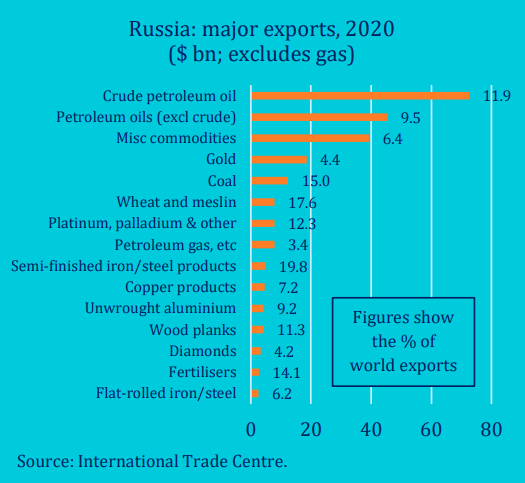Russia first moved to invade Ukraine in February of 2022.
Outside of the upheaval in Ukraine on a humanitarian and economic level, consequences have also spread far beyond the borders of Eastern Europe.
Alongside its effects on international security and the cost of living, the Ukraine war has also specifically impacted manufacturers.
This reaches across all sectors, from aerospace to electronics and even food and drink.
In this post, we’ll explain what impact the ongoing crisis is already having on UK manufacturers. We’ll also look to put these impacts in context by comparing the UK markets to their European counterparts.
What has happened so far
Since Russia first sent troops into Ukraine in February, the level of conflict has quickly escalated. Within a day of invading, Russia began bombing military targets near major cities.
According to figures from the UN, more than 5.7 million people have left the Ukraine for surrounding European countries.
In response, many countries have imposed sanctions on Russia. These range from a freeze on its central bank assets to the banning of private jets chartered by Russians in UK airspace.
What this means for manufacturers
Gas and electricity
Manufacturers are, of course, big users of gas and electricity – so higher prices for both of these will impact their profit margins directly. However, rising prices will also have an indirect effect on these companies, squeezing consumer purchasing power.
Raw materials
There isn’t a high amount of direct trade between the UK and Russia; it makes up only 2.1% of imports. Despite this, the manufacturing trade body Make UK says that this number includes 3,800 UK firms.
Russia is a top exporter of many commodities that are essential to UK businesses. Alongside being one of the top exporters of crude oil, they also supply a quarter of the world’s wheat (jointly with Ukraine) and metals including palladium and aluminium. Palladium is used to make catalytic converters, while aluminium is used in everything from car parts to home appliances.
Even technology is affected. Not only is there a shortage in microchips, but as Ukraine is a destination for IT outsourcing, developers could be harder to come by.
All of this is having a negative impact on business confidence. The CBI (Confederation of British Industry) found that companies relying on Russia for supplies of some raw materials are facing uncertainty.
With consumer confidence falling in February to its lowest level in 13 months, it would be easy to assume that the outlook for UK businesses is a bleak one.

Reasons for optimism
However, the CBI does contextualise this by comparing the UK markets to their European counterparts. The UK doesn’t trade with Russia or Ukraine nearly as much as some other European countries like Poland. Additionally, Russia provides less than 4% of the UK’s gas supply, mitigating the impact of rising prices.
The current situation in Ukraine is having a sizeable impact on UK businesses – some might say inevitably. Despite this, UK businesses remain in a better position than many others in Europe.
To stay updated on the war in Ukraine and its impacts on manufacturers, we’d recommend visiting the CBI’s dedicated Ukraine Hub, or Make UK’s post. Both are regularly updated.
When you’re in manufacturing, spiralling costs are the last thing you need. To enquire about how Sage 200 can save you time, money and effort, call 01332 959008 or contact us using the enquiry form.
Interested to know more about our Sage solutions?
Call 01332 959008 or enquire online today
"*" indicates required fields

